Why Waterless Beauty Products Are the Future of Skincare (and Travel): Discover Kate McLeod, Kosmatology, Beauty Favours & Sbtrct
Negotiating airport security with just a carry-on can be both high-pressure and costly. The 100-milliliter regulation transforms beloved skincare items into forbidden goods, plus you get the extra “excitement” of worrying about potential spills during the flight ruining all your belongings. This is where water-free cosmetics come to the rescue—these unsung champions cater not only to frequent flyers but also those who prioritize sustainability.
Waterless cosmetics offer an array of options beyond what one might imagine, encompassing essential products along with additional innovations. Cleansers and exfoliants in powdered form start the routine; these powders transform into soothing scrubs upon contact with water. Shampoo and conditioner bars eliminate the necessity for large containers, offering a streamlined approach to hair maintenance. On the facial front, cleansing balms and oils provide ample moisture and luminosity, seamlessly blending into the skin without leaving residues behind. Meanwhile, solid moisturizers condense typical creams into portable stick or bar forms, ensuring they fit easily into luggage.
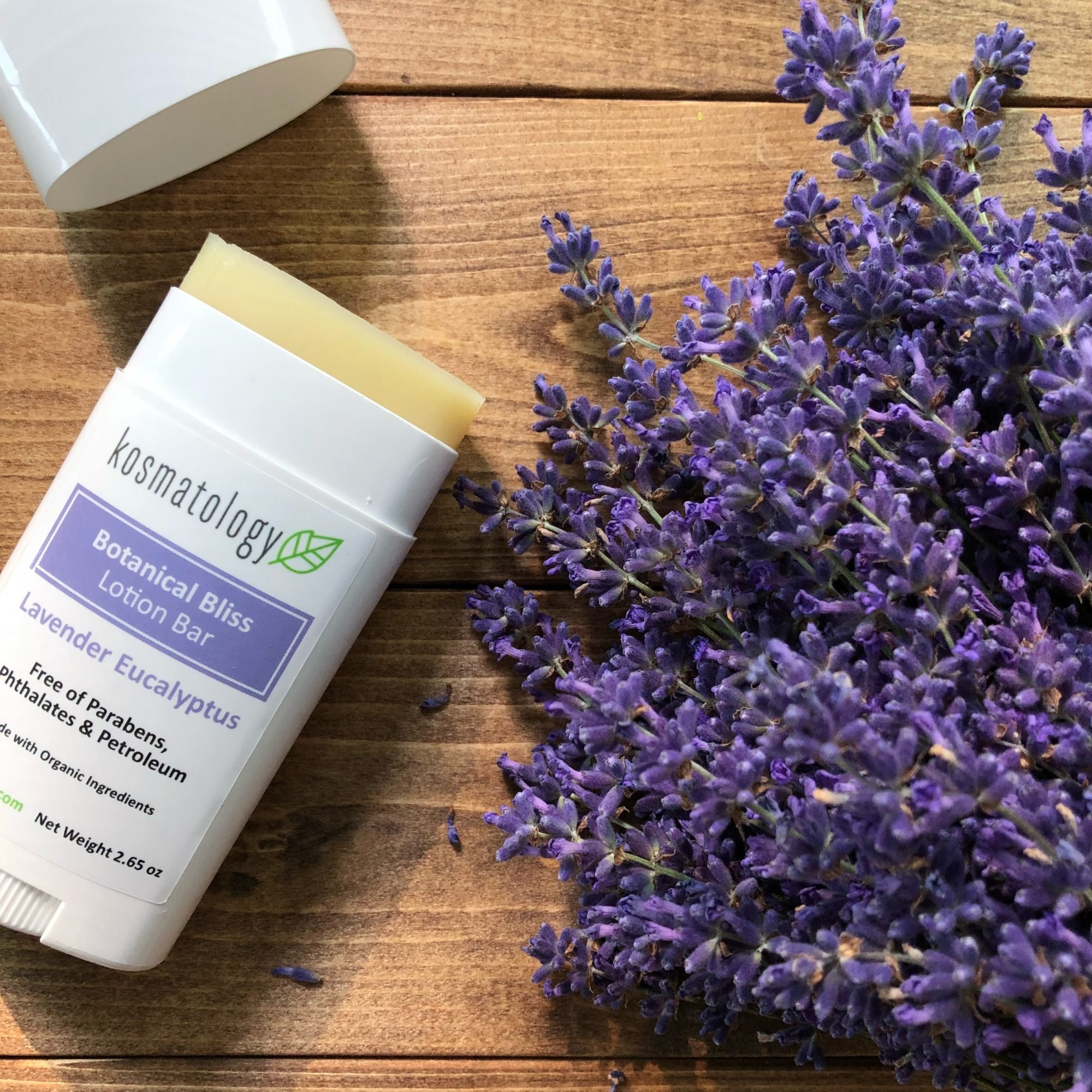
For travelers, the advantages of waterless beauty products become evident right away. These solid formulations easily pass through liquid restrictions, cutting down on security-related worries—no more frantic searches for hidden items or last-minute sacrifices of products. Additionally, their leak-proof and spill-resistant designs mean that messy conditioner spills are now a thing of the past.
Are you looking for insights into the most significant issues and global developments? Find your answers here. SCMP Knowledge Our latest platform features handpicked content including explainers, FAQs, analyses, and infographics, all provided by our prestigious team.
The water-free trend began in South Korea around 2015 and soon spread worldwide. What captured everyone’s attention was not so much the environmental aspect but rather the potent formulas. By eliminating water as the primary component, these products can accommodate more effective ingredients. Conventional skincare items typically consist of 60-80 percent water; take away “aqu” at the beginning of their lists, and you’re left with mostly active components instead.
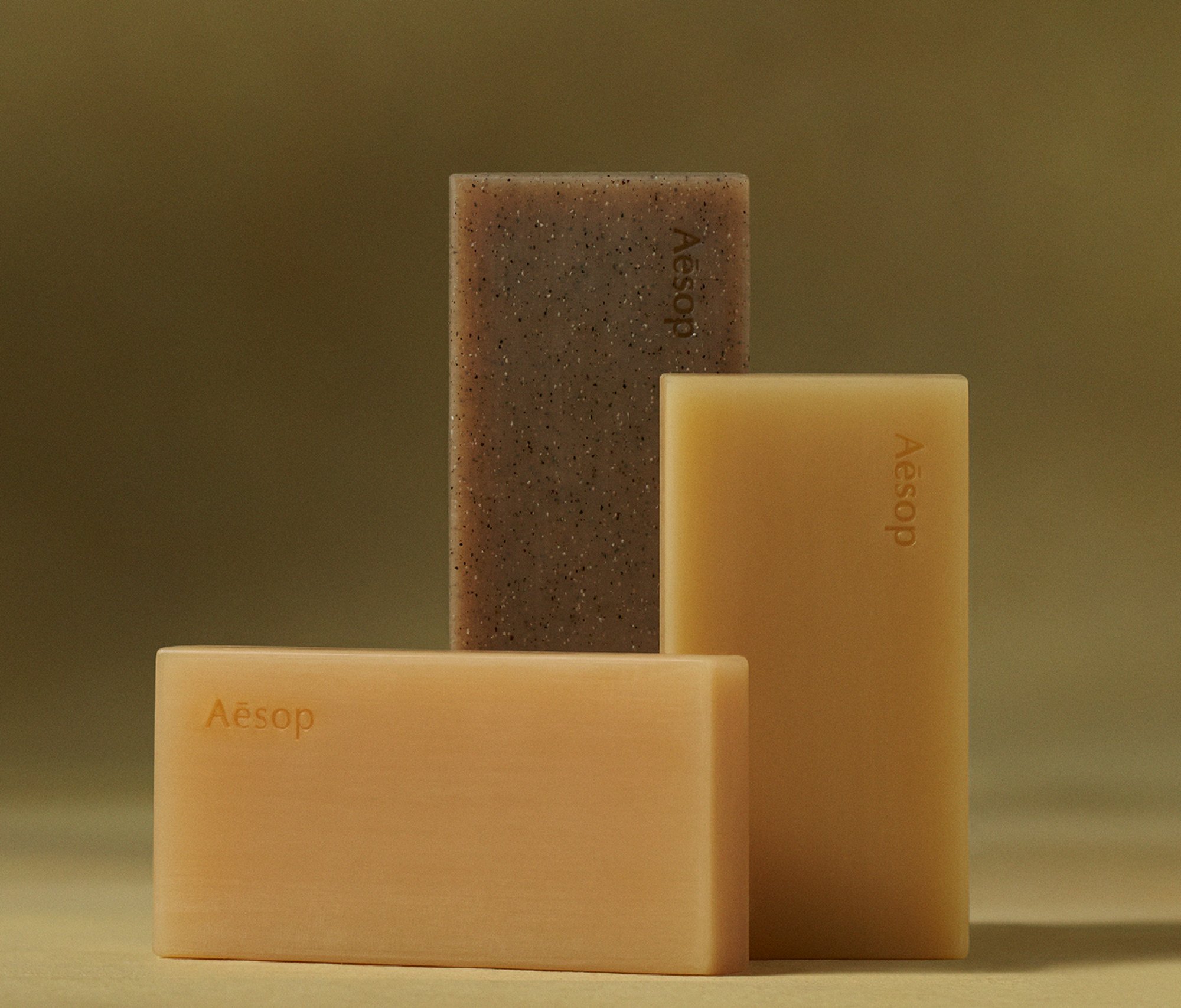
These products are also renowned for their extended lifespan and superior value. According to Dr Leanne King, a cosmetic scientist and the founder of Beauty Favours, "Waterless items typically contain rich concentrations of lavish oils, butters, cleansing agents, and active components, implying that even a tiny quantity can be very efficient." She points out that due to the significant presence of water in conventional formulations, consumers frequently end up wasting a lot of the product when they misjudge the required amount, causing excess material to flow into the drain. In comparison, water-free goods like shampoo bars can provide a powerful concentration of active elements that prove more impactful with each use.
King goes on to say that specific components perform well in water-free formulations. He notes, “Such compatibility can boost both the efficacy and sensory experience of the item.” Ingredients such as shea butter, coconut oil, jojoba oil, and cocoa butter offer moisturizing properties and nutrients without needing water for solubility, maintaining their advantages even when kept in a solid state over extended periods.
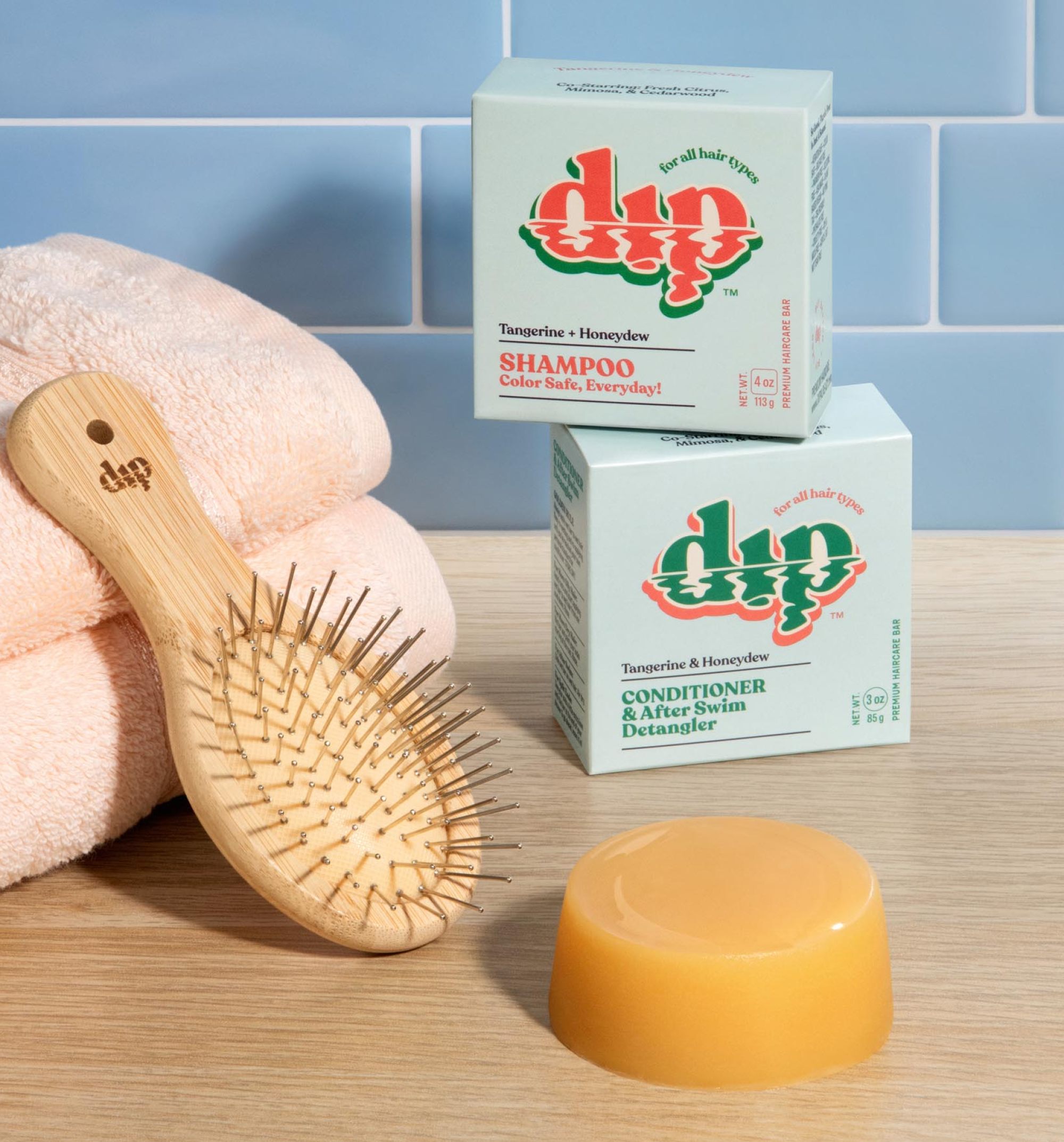
Janis Covey, a pharmacist and the founder of Kosmatology, points out another significant advantage: "Beauty products without water tend to last longer on store shelves when compared to conventional water-rich alternatives." The extended shelf life primarily stems from the lack of water, as this element can foster the development of mold and microbes. Similarly, Kate Assaraf, who established the eco-friendly haircare line Dip, concurs. She remarks, "Water-free formulations maintain their strength and efficacy for a more prolonged period relative to those containing water."
Because they use concentrated components, these products require fewer preservatives compared to water-based items, which typically include additives to inhibit bacterial, mold, and yeast growth. The absence of water means these formulations avoid strong preservatives that might cause irritation in delicate skin. As Covey points out, “There’s no longer a necessity for alcohol, known for drying out the skin; this allows beauty products to provide complete nourishment as designed.”
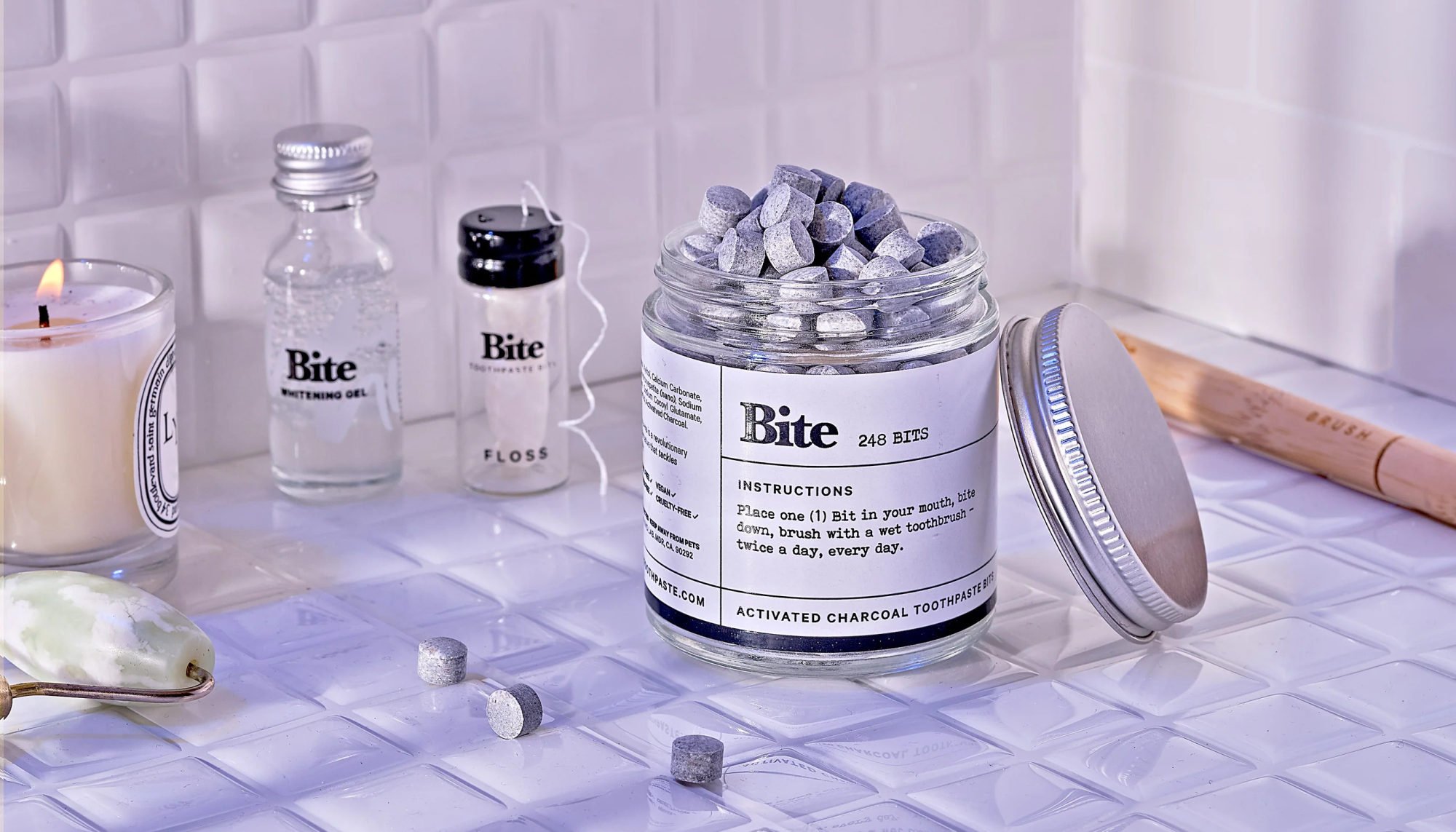
A major benefit of water-free beauty items lies in their reduced environmental impact. As Assaraf points out, they demand less energy during manufacturing and distribution, thus offering an environmentally friendlier option. Additionally, these products minimize the use of resource-heavy packaging components such as glass, plastic, and aluminum, which helps save energy and cut down on waste. Since they contain no water, these goods weigh less when transported, further lowering carbon emissions. This means fewer vehicles on the road and consequently decreased fossil fuel consumption and greenhouse gases released into the atmosphere.
Because water constitutes a significant part of many products, you end up paying extra for a diluted version. For instance, using Dip shampoo and conditioner bars could help customers save upwards of $500 annually when contrasted with expensive liquid options, as these solid formulations tend to have a longer usage life. This underscores how choosing water-free beauty items also benefits one’s finances, according to Assaraf.
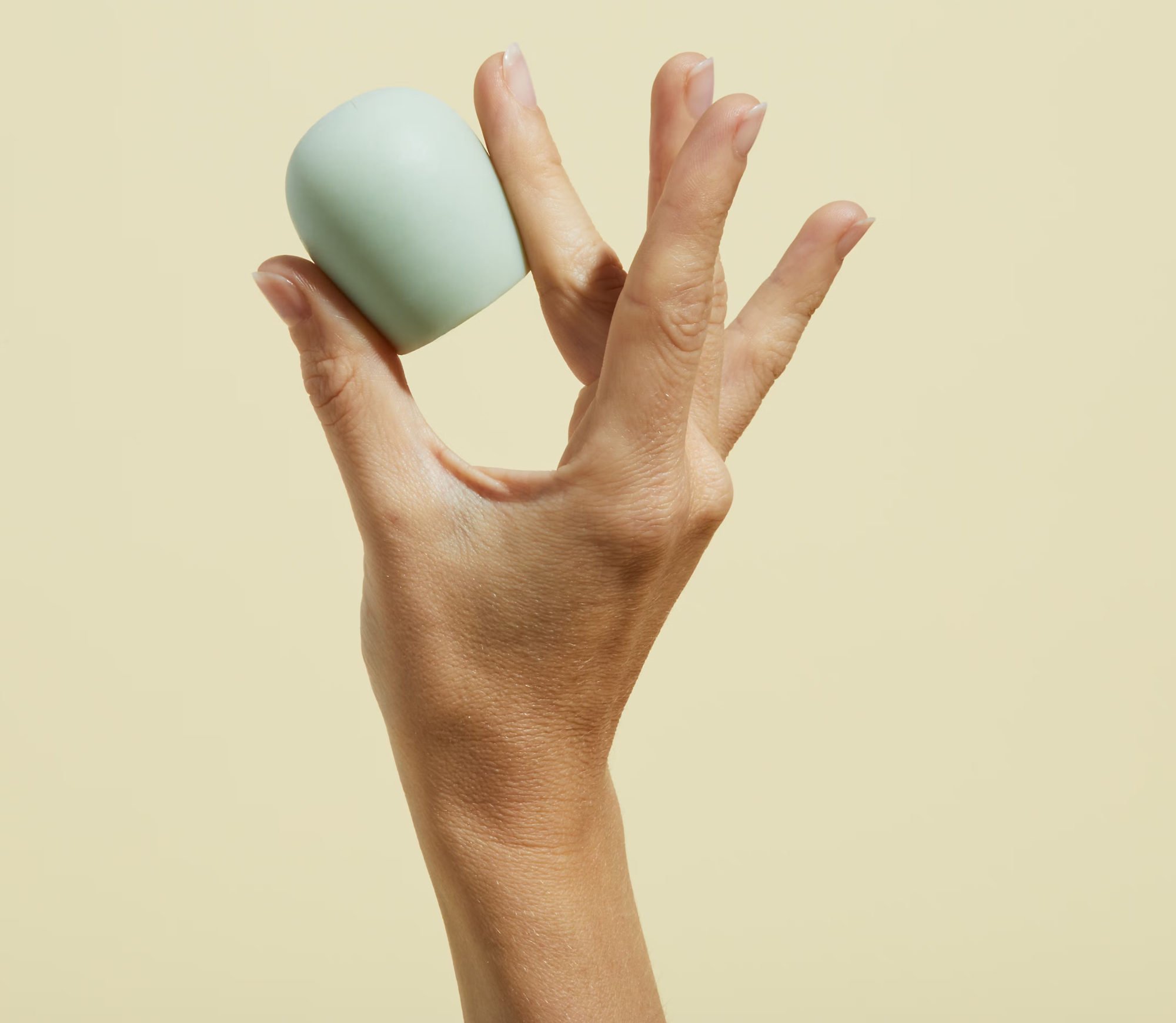
The demand for waterless products appears poised to increase. Items such as Conserving Beauty’s completely biodegradable makeup wipes and Bite’s spill-proof toothpaste tablets are reshaping the concept of beauty: efficient, environmentally friendly, and intelligent. Described as an “environmental consciousness enterprise masquerading as an exceptionally good hair care brand,” Dip claims that its shampoo and conditioner bars have swiftly gained popularity among beauty enthusiasts and elevated the standards for eco-conscious hair care.
Plus has introduced dissolvable body wash sheets for use in the shower, reducing the need for water and excess packaging. Meanwhile, Sbtrct offers a line of water-free skincare products ranging from cleansing balms to moisturizers. Kosmatology provides solid balms and lotions designed for those with sensitive skin, all while minimizing packaging waste. Additionally, Kate McLeod’s solid body stones provide moisture directly to the skin through melting action, offering hydration without using any additional water.
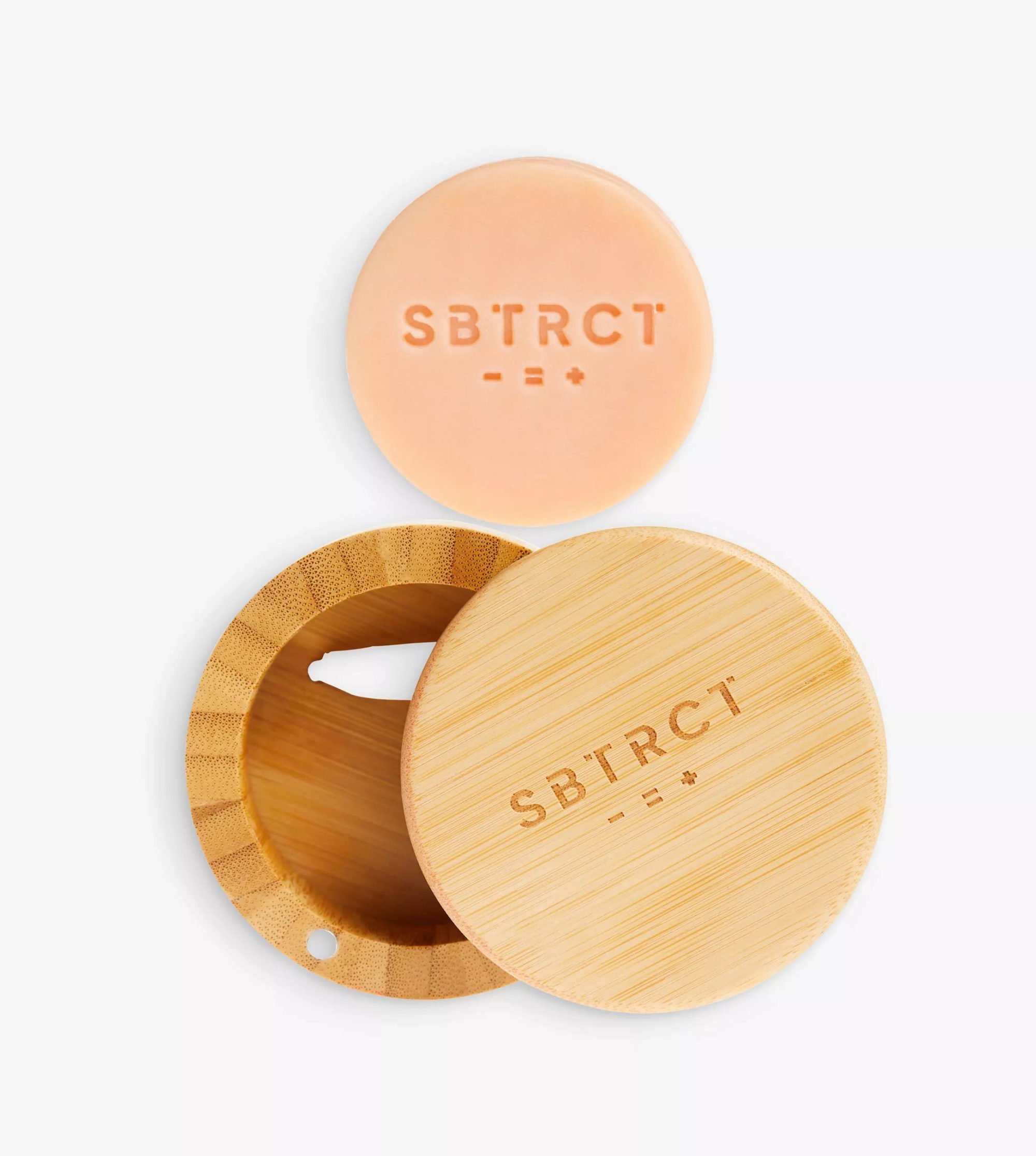
For certain individuals, transitioning to solid hair care and skincare items seems daunting. Does a solid conditioner truly provide the same smoothness as professional treatments? Similarly, does a solid facial cleanser have what it takes to manage acne effectively? Additionally, one must consider the initial expense—although these products tend to have a longer shelf life, their starting price point might be higher than expected.
Even so, as technology advances, this surge of innovation might just be the start. The sector seems poised for further inventive advancements in both products and their packaging. Additionally, with growing consumer support, water-free beauty routines may eventually become standard practice.
More Articles from SCMP
The Hong Kong Chronic Disease Subsidy Program will include coverage for blood lipid tests.
Protests erupt in Beijing over ex-Japanese military leader's appointment as advisor in Taiwan
China’s sixth-generation stealth aircraft and an ultranationalist blogger facing fines: Highlights from SCMP’s daily roundup
Angered by subpar property management services, a resident from China pays a $20 fee using 6,000 coins.
The article initially appeared on the South China Morning Post (www.scmp.com), which is the premier source for news coverage of China and Asia.
Copyright © 2025. South China Morning Post Publishers Ltd. All rights reserved.

Post a Comment for "Why Waterless Beauty Products Are the Future of Skincare (and Travel): Discover Kate McLeod, Kosmatology, Beauty Favours & Sbtrct"